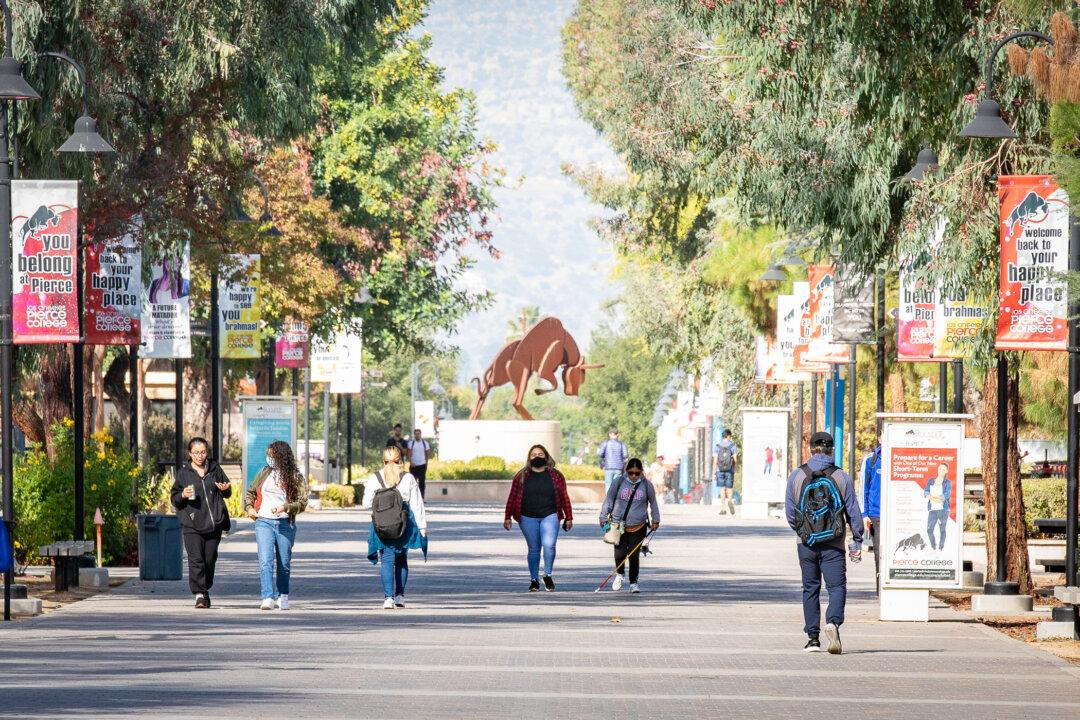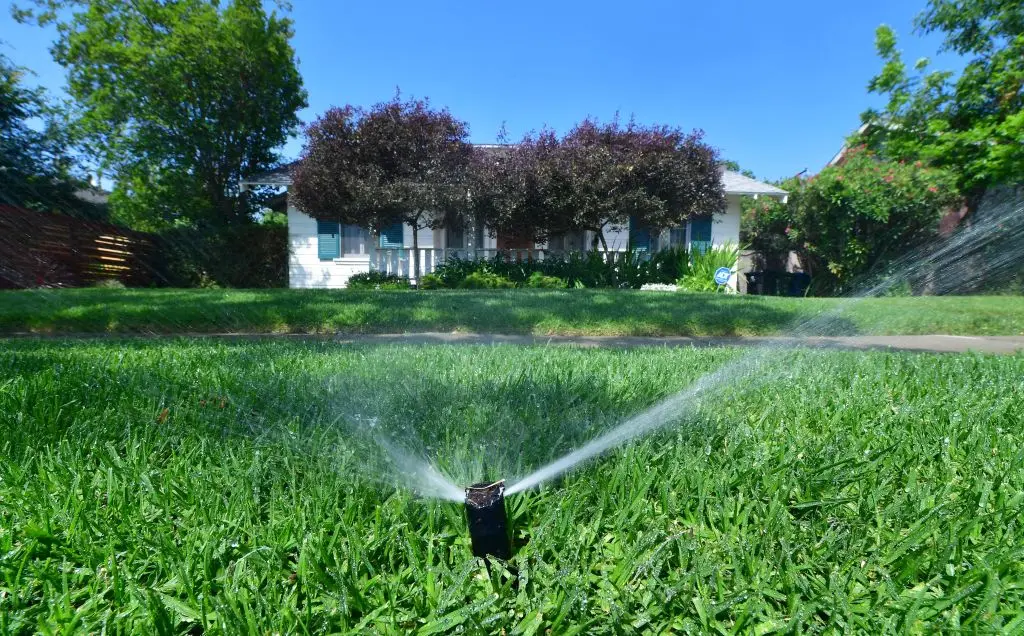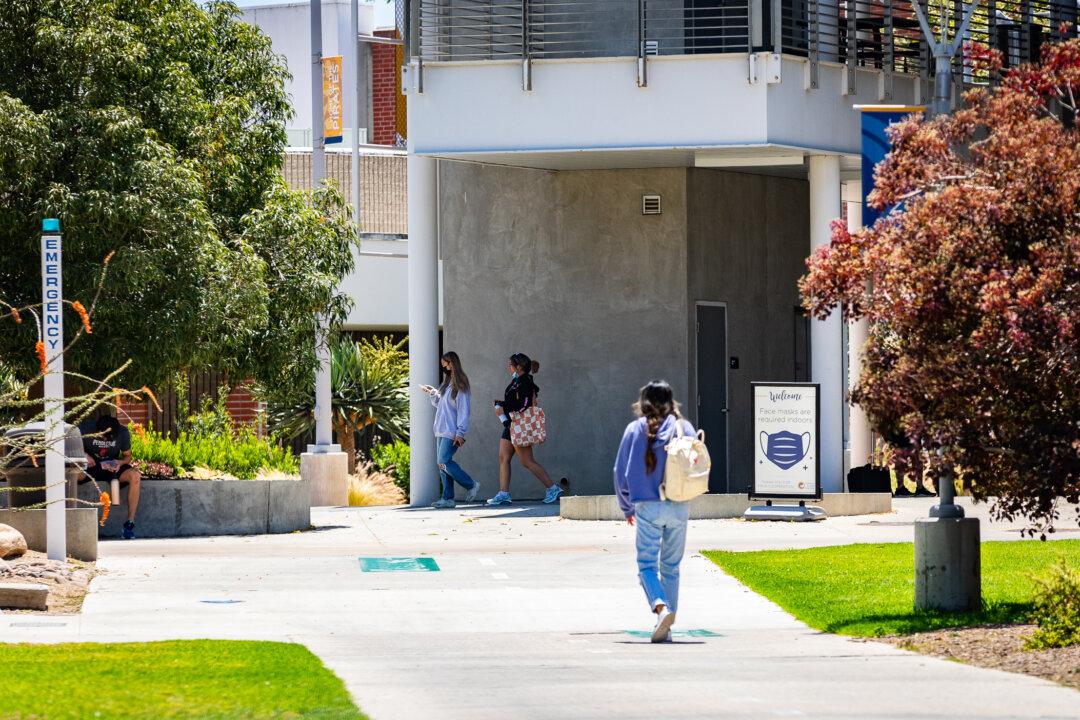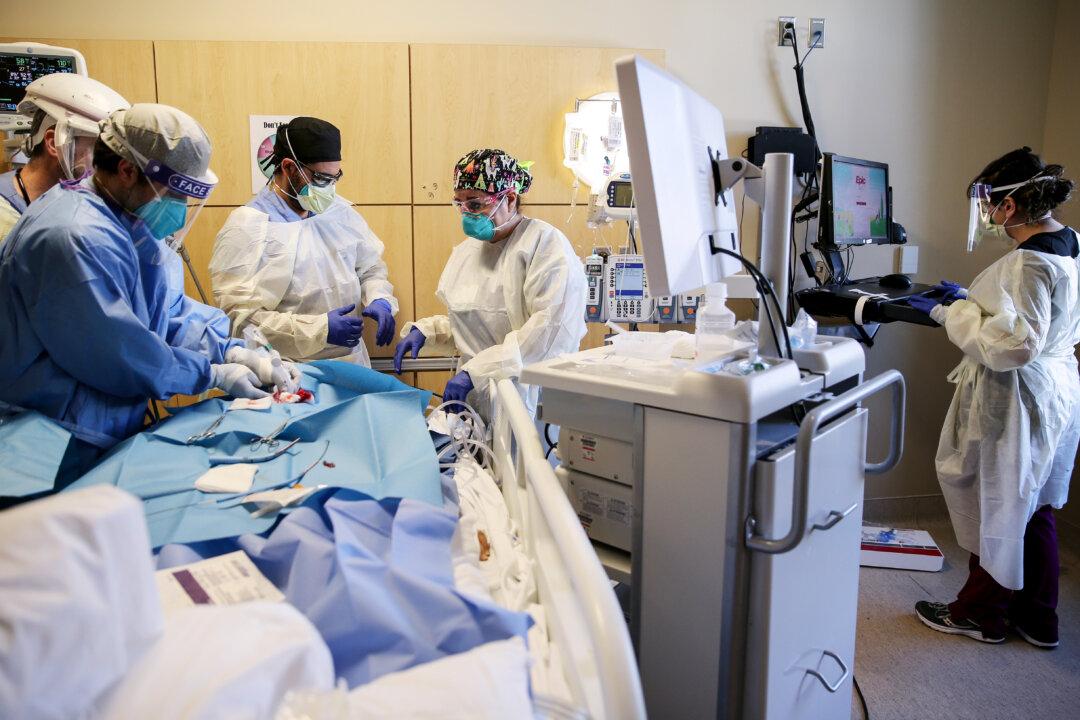The Los Angeles Community College District (LACCD) approved more than $1.5 million to fund a pilot program that helps provide housing for students experiencing homelessness or housing insecurity, the district announced on April 18.
The Board of Trustees voted last week to dedicate more than $1,540,408 to house more than 100 students through a pilot program in partnership with local nonprofit organizations.




